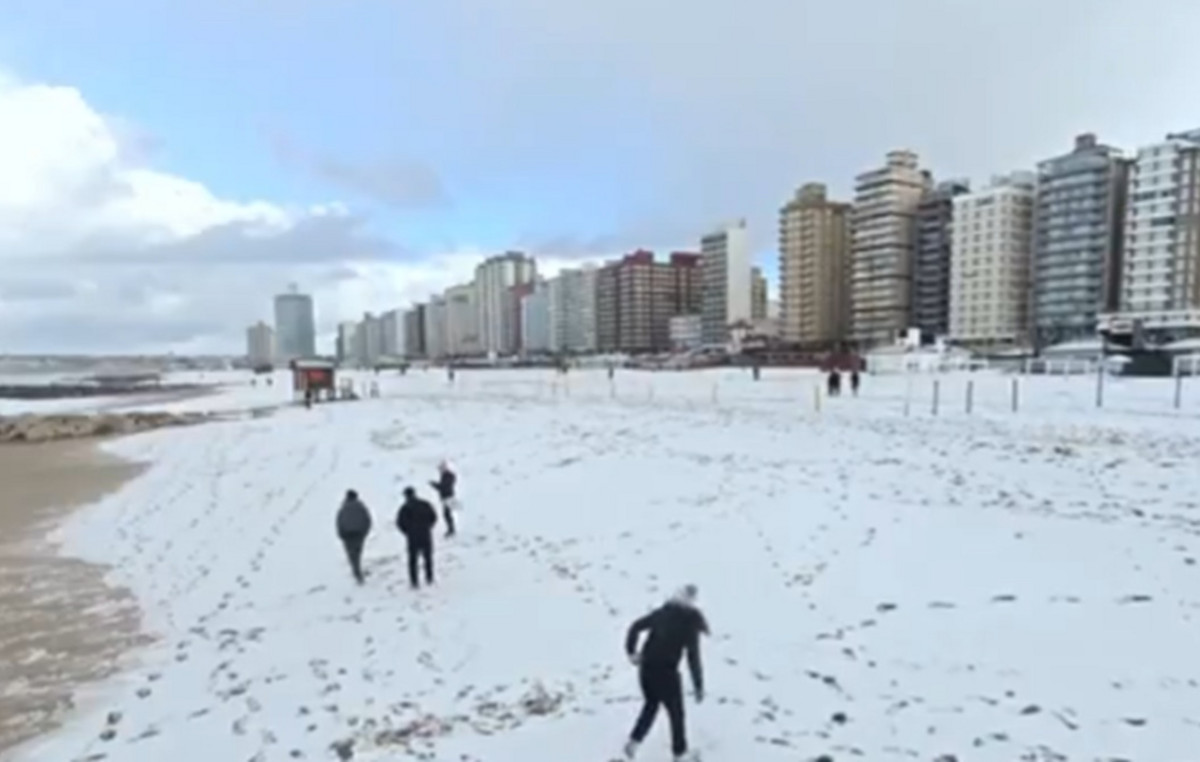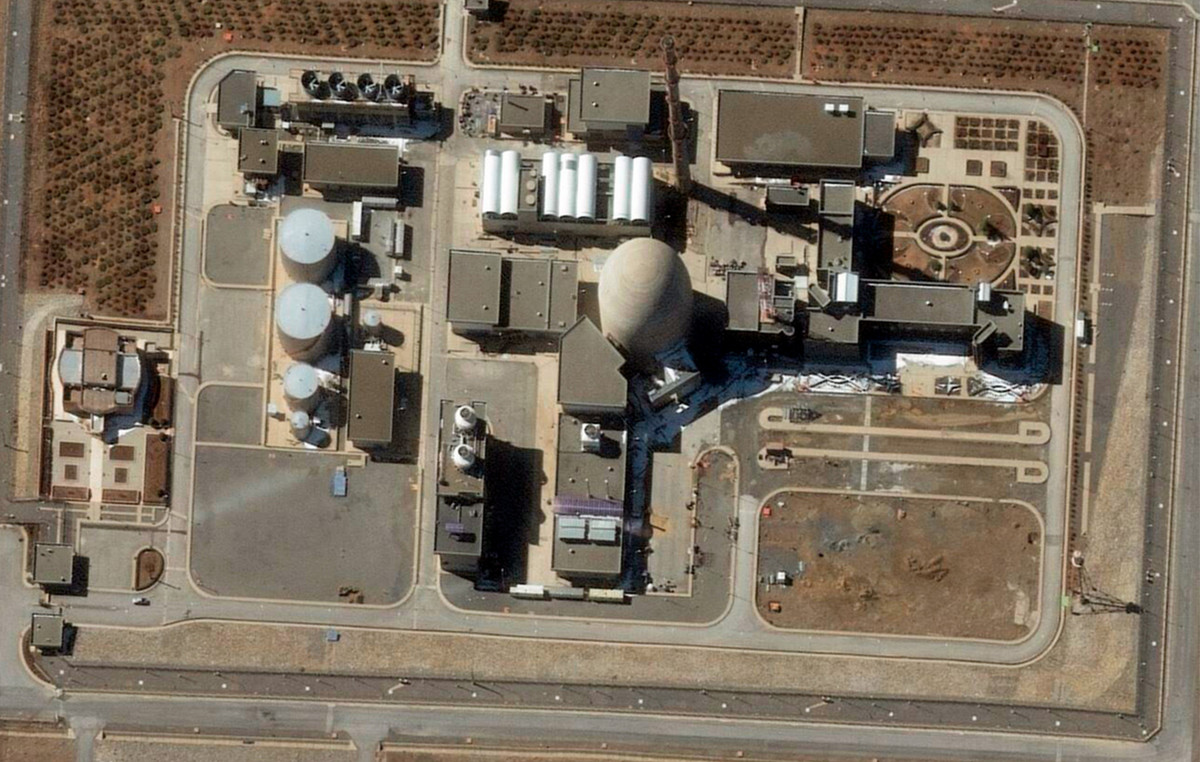The European Commission is due to adopt its seventh package of sanctions against Russia on Friday, which will add a ban on Russian gold imports and adjust existing restrictive measures to prevent damage to food exports, two officials told Reuters.
The new measures are considered “a maintenance and alignment package,” one of the officials said, referring to them as a “sixth and a half” set of sanctions for their limited scope compared to previous rounds that hit Russian oil or coal.
However, some measures can have a significant impact on affected sectors.
The preliminary package includes a ban on Russian gold imports into the European Union (EU), a proposal released in June that would take effect with the adoption of the new sanctions.
The EU Commission is expected to adopt the new measures later on Friday, said the two people, who declined to be identified. EU envoys are expected to discuss the new package next week for final approval before the Northern Hemisphere summer break.
One source said Russian gold imports through third countries would also be affected, but did not elaborate on how that would work.
Brussels will also strengthen existing measures, with new restrictions on imports of goods that can be used for military purposes, including chemicals and machinery, the official said.
New individuals and entities deemed close to the Kremlin will also be added to the EU’s restricted list that requires freezing their assets and banning travel, according to the two sources and another EU official.
The Commission will also amend existing sanctions to ensure they do not affect Russian food and grain exports, the three officials said.
African countries said EU sanctions contributed to the current food crisis, mainly caused by the war in Ukraine and the Russian blockade of Ukrainian ports from where grain is usually exported to the world.
The EU has long denied that its sanctions have affected the food trade. The proposed adjustments aim to ensure that the rules are not misinterpreted by traders, including banning Russian ships from accessing EU ports, an official said.
Under this measure, Russian ships can already enter EU ports if they are carrying food or medicine.
But some traders have avoided food exported from Russian ports that are indirectly owned by Russian state-owned companies that have received sanctions from Brussels. The new package will clarify that these ports are exempt from sanctions, the source said.
The Commission should also reinforce the existing ban on Russian ships entering EU ports to prevent them from circumventing sanctions by unloading their cargo at external docks, the source said. To that end, the definition of ports should be extended.
The ban on offering Western cloud services to Russian customers, initially considered for the new package, is being maintained for future rounds, as the measure is now being coordinated with the United States and Britain, whose companies dominate the sector. , said the official.
Source: CNN Brasil
I’m James Harper, a highly experienced and accomplished news writer for World Stock Market. I have been writing in the Politics section of the website for over five years, providing readers with up-to-date and insightful information about current events in politics. My work is widely read and respected by many industry professionals as well as laymen.







